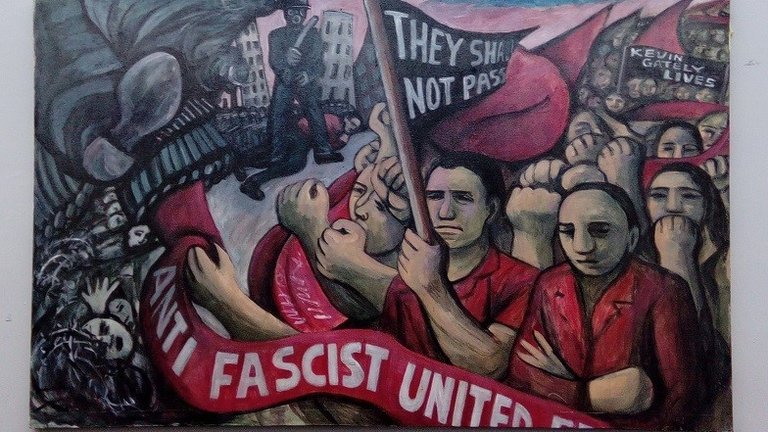Antifa UK: The Role and Impact of Antifa in the UK

Introduction
Antifa UK, a collection of anti-fascist groups, has become increasingly significant in the landscape of UK activism in recent years. With the rise of far-right movements and growing political polarisation, understanding the motivations and activities of Antifa UK is crucial for both supporters and critics. The group’s commitment to opposing fascism and promoting social justice has made it a focal point in discussions about civil rights, community safety, and political resistance.
Background of Antifa UK
Antifa, short for anti-fascist, has its roots in early 20th-century Europe and has evolved into a global movement. In the UK, local Antifa groups have been active since the 1980s, responding to the growing threats of racism and xenophobia. The current iteration of Antifa UK operates as a loose network rather than a formal organisation, relying on grassroots activism and direct action.
Recent Events and Actions
In recent years, Antifa UK has been involved in various protests and counter-protests, particularly against far-right groups such as Britain First and the English Defence League. The group aims to disrupt events that promote hate and discrimination. For instance, Antifa UK was active in countering a series of marches in London and other cities in 2022, highlighting the resurgence of right-wing extremism during the COVID-19 pandemic. Their tactics often include using social media to mobilise supporters and raise awareness about hate groups operating in their communities.
Public Perception and Debate
The public perception of Antifa UK is deeply divided. Supporters argue that the group’s approach is necessary to combat growing extremism and protect vulnerable communities from hate crimes. Conversely, critics often label Antifa as violent and disruptive, claiming that their methods can undermine free speech. This ongoing debate reflects broader societal tensions regarding the limits of protest, the right to dissent, and the nature of political engagement.
Conclusion
As the political landscape in the UK continues to evolve, Antifa UK’s role in activism will likely remain relevant. The group’s commitment to confronting far-right ideology prompts essential discussions about tolerance, democracy, and community safety. It is essential for readers to engage with these perspectives thoughtfully, considering how activism shapes the future of social justice in the UK. Whether one views Antifa as a crucial ally in the fight against fascism or as a controversial force within activism, their impact on the political discourse will continue to be significant.








